Holidays together are a tremendously important part of family life. From the bonding experience to the shared memories, travelling with your children has so many benefits.
What is the true value of family travel, be it long haul or closer to home? Asking experts how time away with parents and siblings helps develop children’s learning and critical thinking, CF got the lowdown on the real impact that travel has on children and their understanding of the world.
School holidays are always a matter of weeks away and families everywhere are continually planning their getaways, half-term breaks or summer or Christmas holidays. From hopping on a flight to Europe, packing up the car for a staycation or exploring on far flung adventure, every year millions of parents head off on holiday with their children. What they might not realise however, as they hunt for the passports and stock up on sun cream, is that the act of taking children away has a considerable impact on a child’s wellbeing on many different levels. While children are undoubtedly looking forward to the fun of splashing in the pool and eating ice cream, what they are in fact gaining from a family holiday is so much greater than two weeks of playing on the beach.
“Family holidays are incredibly beneficial for a child’s development. Concentrated time together as a family greatly strengthens bonds, creating a shared identity and history. They help to really solidify the family unit,“ explains Anita Cleare, founder of The Positive Parenting Project and author of The Work/Parent Switch. A family relationship expert who has spent several years working with young people, Cleare believes these benefits are something children continue to call upon long after they return home. “The wonderful memories made on holiday and that sense of belonging stay with children and help to boost their resilience in everyday life. They can revisit these memories in their heads or through looking at photos or talking to their parents and siblings. This sense of being a team gets plugged into their neural networks, making them feel more secure and confident in their day to day and at school,” she explains.
According to a recent study, British parents plan as many as three family holidays a year and nearly half are intending to have longer breaks to maximise time with their kids. It’s this quality time to engage with children that adds the most value to youngsters of all ages. “Little children learn through new experiences that encourage critical thinking,” says Cathy Renwood who is an Early Years consultant and was an Early Years Expert with the Department of Education. “When kids are in new environments, their gross and fine motor skills develop more quickly as they adapt to their new surroundings and are faced with trying things. For a small baby this can be something as simple as touching sand on the beach , or for a toddler it’s building a sandcastle, seeing it fall down and trying again. These things teach persistence and resilience as in a new place you have to figure things out. On holiday they get a whole new selection of these things,” she continues. So if you have ever returned from holiday to notice a big leap in your child’s speech or a new found ability to complete a task, you’re not imaging it – there is a direct link.
“We learn through our senses – what we see, touch and taste, plus hearing new sounds, seeing new people and new expressions. All of this contributes to brain development at a very young age. From birth, children are learning all the time. Listening is what leads to developing vocabulary. Very little ones are still actively participating on holiday even if parents don’t realise it.”
In England, part of the official Early Years Learning Framework is ‘Understanding the World’. This can be a child’s home, garden, or school, but it also very much applies to the wider world says Sue Asquith who is an International Early Childhood Consultant. “A family holiday is the ideal time for very young children to watch and learn from their parents, siblings and also other members of the family such as grandparents. They will remember these experiences and build on them. As a parent I know that taking little ones away on holiday can feel like hard work sometimes, but I would stress to parents that it’s absolutely worth the effort. Also remember to keep it simple. Play eye spy, read stories: these are the things your kids will remember, not how much it cost. Making simple, happy memories with them will allow them – and you – to reap the benefits for years to come.”
While time away as a family offers particular learning opportunities for little children, as they grow-up the family holiday opens up even more chances for older kids and teens to contemplate the world around them and learn new skills at the same time. Family travel expert Tom Barber who runs Original Travel, has noticed a considerable increase in parents looking for holidays that broaden their children’s horizons.
“A recent client survey we conducted revealed that 100% of parents consider travel an important form of education, with 25% saying it was a crucial part of their child’s learning,” he points out. “Having long believed in the transformative powers of travel, we were thrilled to see an increase in enquiries for what we call ‘Edventures’; educational adventures that encourage stealth learning. Having a joint learning experience and discovering something new together as a family is such a fantastic chance to bond and create lifelong memories you can all reminisce about for years to come,” says Tom who is a father-of-four.
“It’s also vital to instil a passion for our world in the younger generation because they are going to be its next guardians. My own children are already so conscious of the environment, and we often incorporate volunteering or conservation as part of our holidays, such as snorkelling out into the lagoon on a recent trip to Soneva Jani in the Maldives to see how they are helping to propagate new coral reefs.”
Travel – be it a long-haul adventure, or a short, local trip – helps children to better understand the world and their place in it. Cultural differences, religious beliefs and the physical impact of both geography and climate on people’s lives are just some of the areas in which travel can contribute to their awareness and understanding. A study by the Student & Youth Travel Association, which included 1,500 teachers, found that teachers were in total agreement that those who travel and get to know other cultures have a higher degree of tolerance and respect for diversity and are more willing to learn and acquire new knowledge and skills.
“It’s very easy for kids, and adults for that matter, to just exist in a little bubble and it’s so important to realise that there is more to life than this,” says Liddy Pleasants, who set up her family travel company Stubborn Mule, to help other parents create the kind of rewarding holidays she wanted to take with her own three children. “It’s too easy for children to get so caught up in their own lives and I think it’s important for them to realise how lucky they are and how much they take for granted. Travel provides the opportunity for children to understand how much more there is out there in the world, with completely different cultures, religions and ways of life and how fortunate they are.”
Original Travel who also create bespoke itineraries for families want to make the very most of their holiday, has the same ethos. “Holidays are a chance to spend quality time together, without the everyday distractions of life at home or the stress of work or school,” says Barber. “In the case of ‘active’ holidays, such as skiing, diving or sailing, they can also be a chance to introduce a shared interest – one that brings everyone together at least once a year, even after the younger ones have grown up. But city breaks and beach holidays and everything in between represent a chance to share an experience, something you’ll remember and talk about for years to come.”
Mother-of-three Francisca Kellett completely agrees. The former Travel Editor of Tatler and Digital Travel Editor of The Telegraph has written extensively on family travel as well as guidebooks. She now runs creative consultancy Mundi and Co who work with sustainable travel clients and is a firm believer in the huge advantages of witnessing the world first-hand. “Travel sparks natural conversations. Kids are curious and if they see something new, they want to find out more. They will ask their parents, discuss it with their siblings, all the while are learning in the most genuine way – not just from a screen,” she points out. “Seeing the world from a young age is fantastic and will have so many benefits later in life with experiences you can draw up on as an adult.”
Another way to really engage children on holiday is to ask for their input when planning a trip. Whether that is a small decision such as, “should we spend the day at the pool?”, that a young child can participate in, or a much bigger consideration like, which country to visit that teens may well have an opinion on.
“Including children and asking for their opinion makes them feel like they are contributing to the team and that their voice matters. It’s a huge boost for their self-esteem,” says Cleare. She also believes strongly that parents must enjoy the holiday too. “When we adults get away from work and the daily grind of life we relax. It’s great for kids to see us in this state, to see us happy and having fun, in particularly, that we are making time for our kids and are enjoying their company. This sends out a powerful signal and deepens the parent child relationship.”
“But it’s balance that helps us feel relaxed so parents must make sure that they are getting something out of it too. Meet your own needs, have some time to yourself while the kids play or go to a kid’s club because if you do, you’ll enjoy time together more.”
Equally you don’t have to plan an elaborate or expensive trip to keep kids entertained. “Children, especially young ones, are often very happy with simple things,” says Renwood. “What they want most from a holiday is to be with their family. If their parents are happy, the chances are they will be too. Ultimately, our time is the best thing we can give or children.”

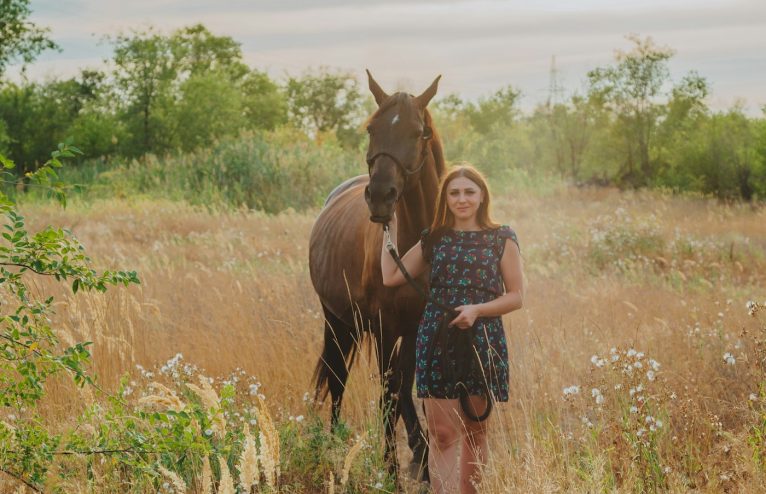




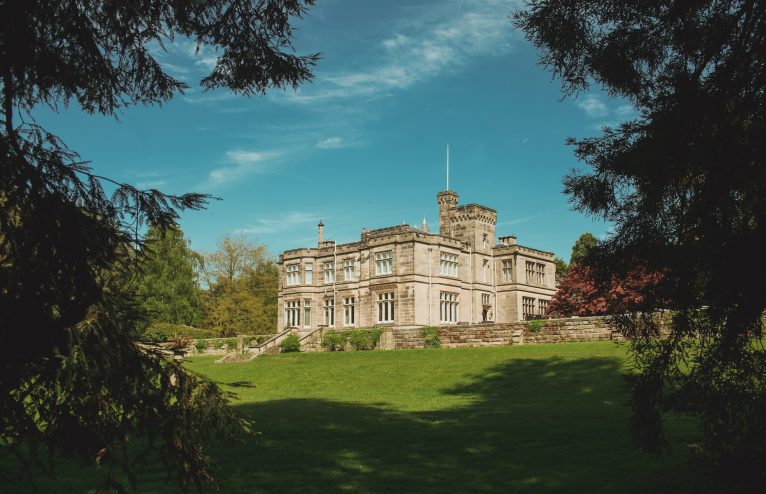

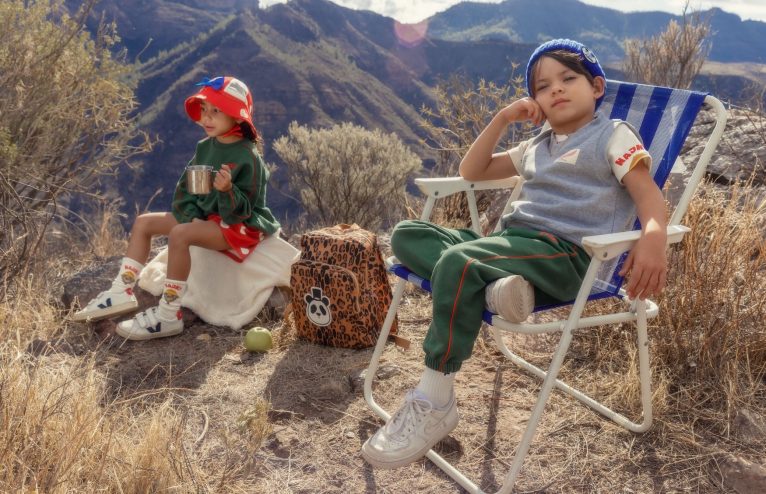
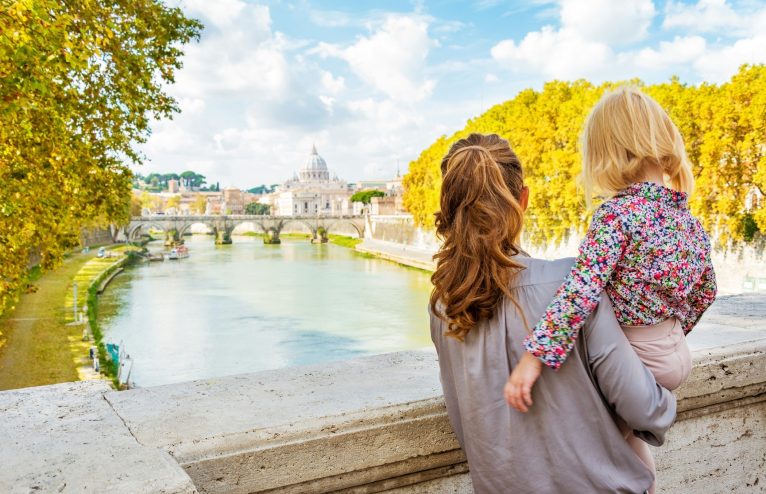





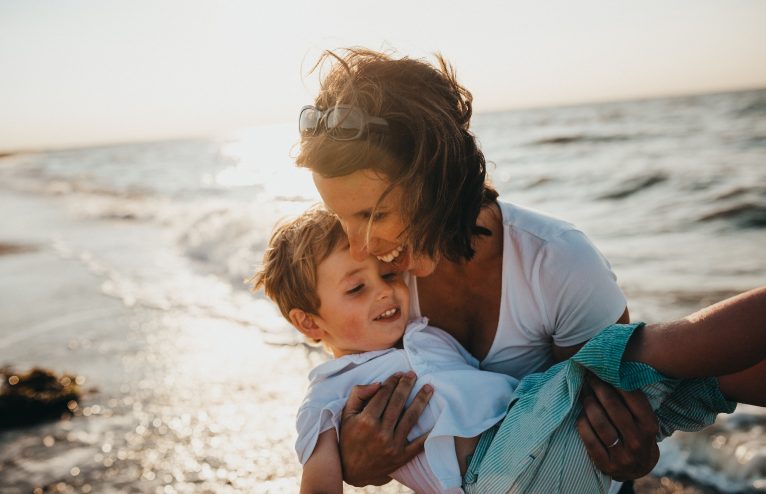
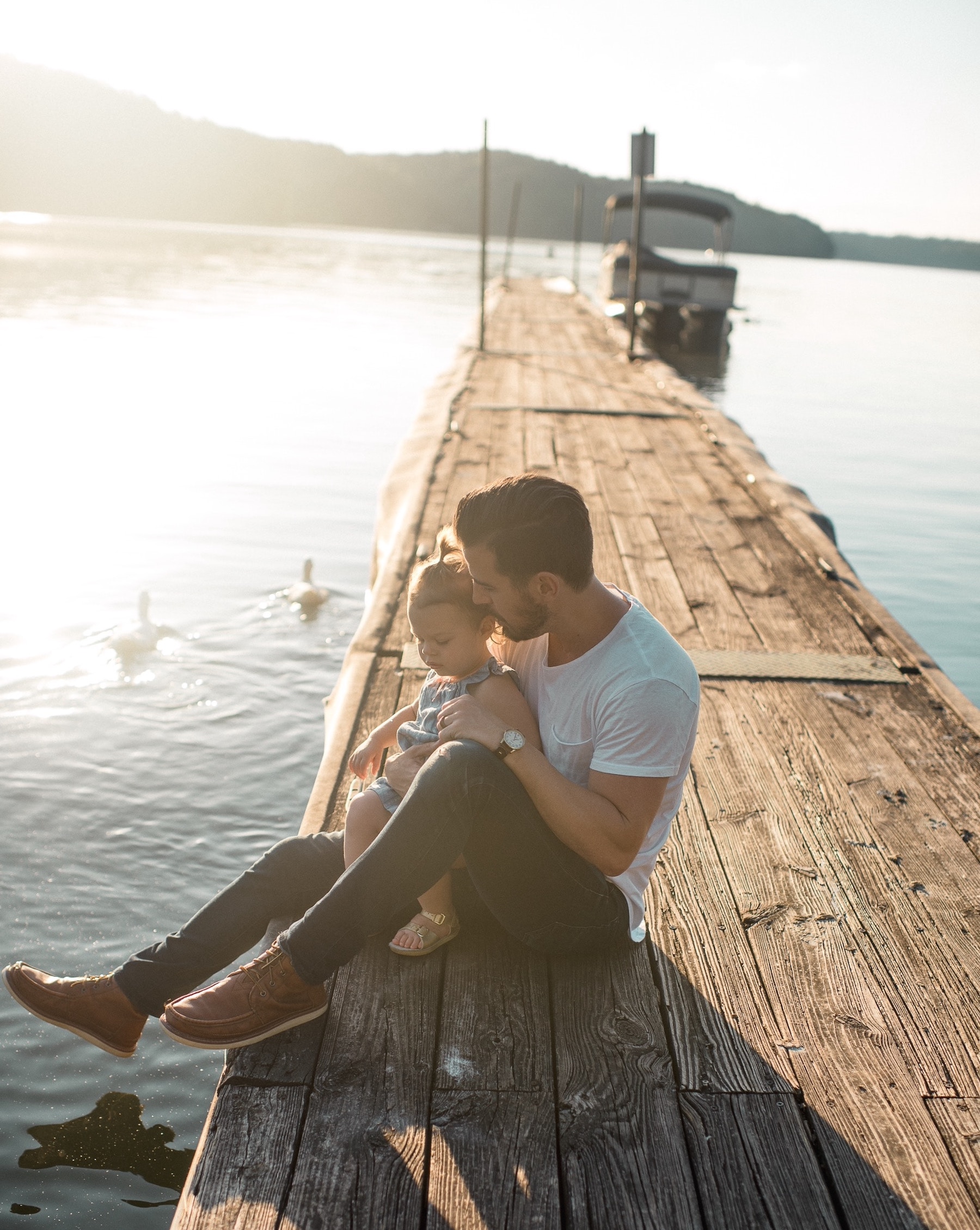
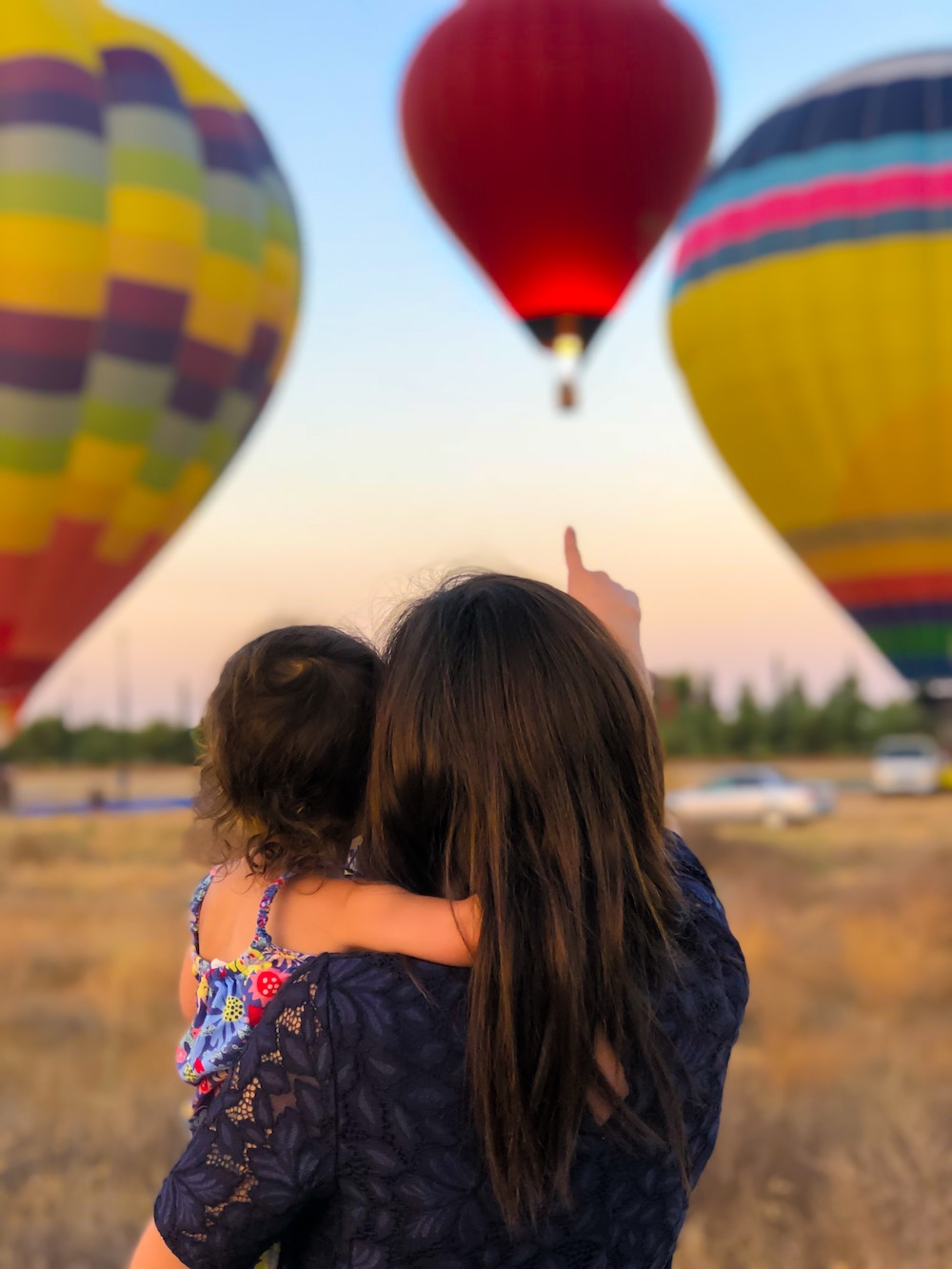
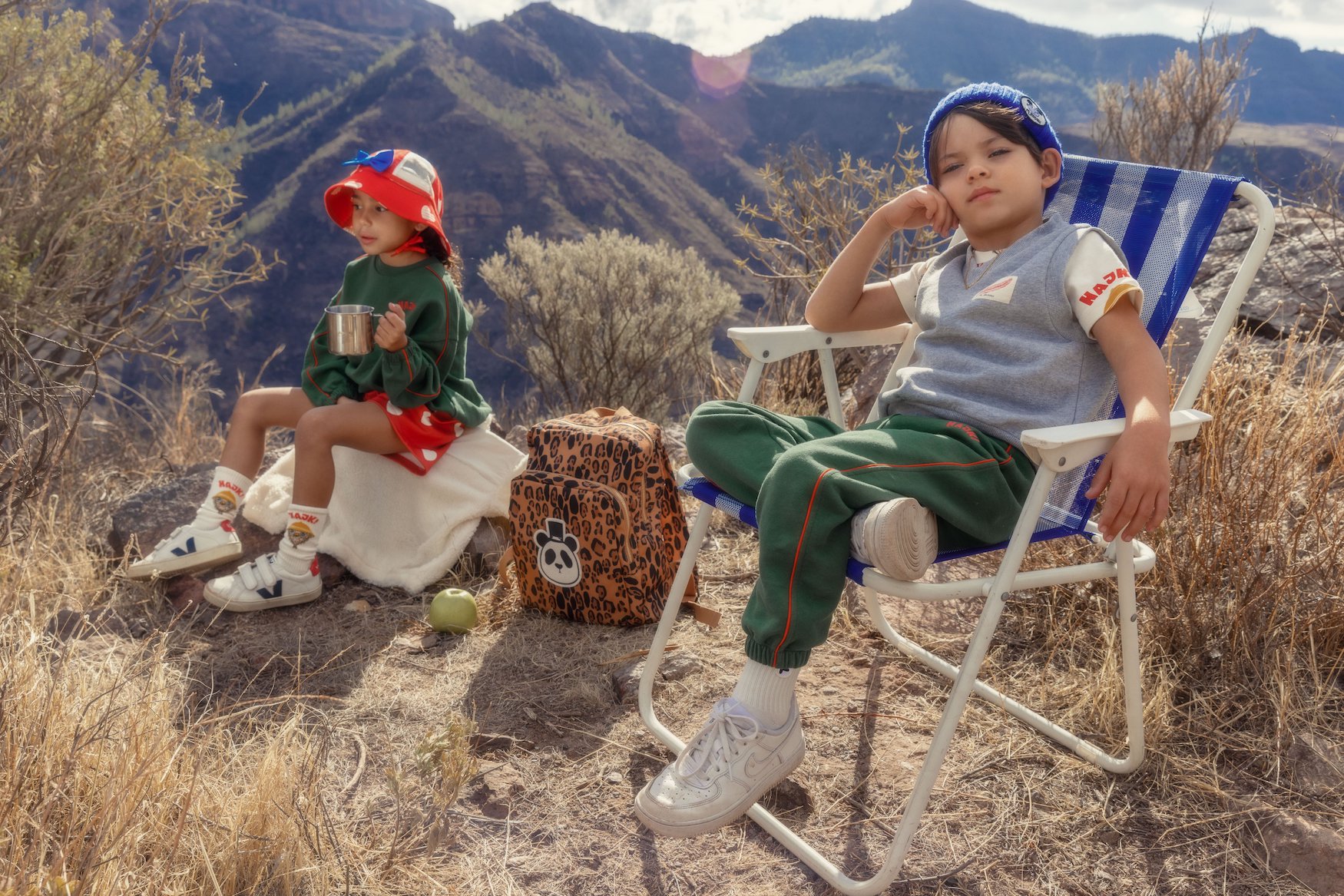



Any Questions or Tips to add?